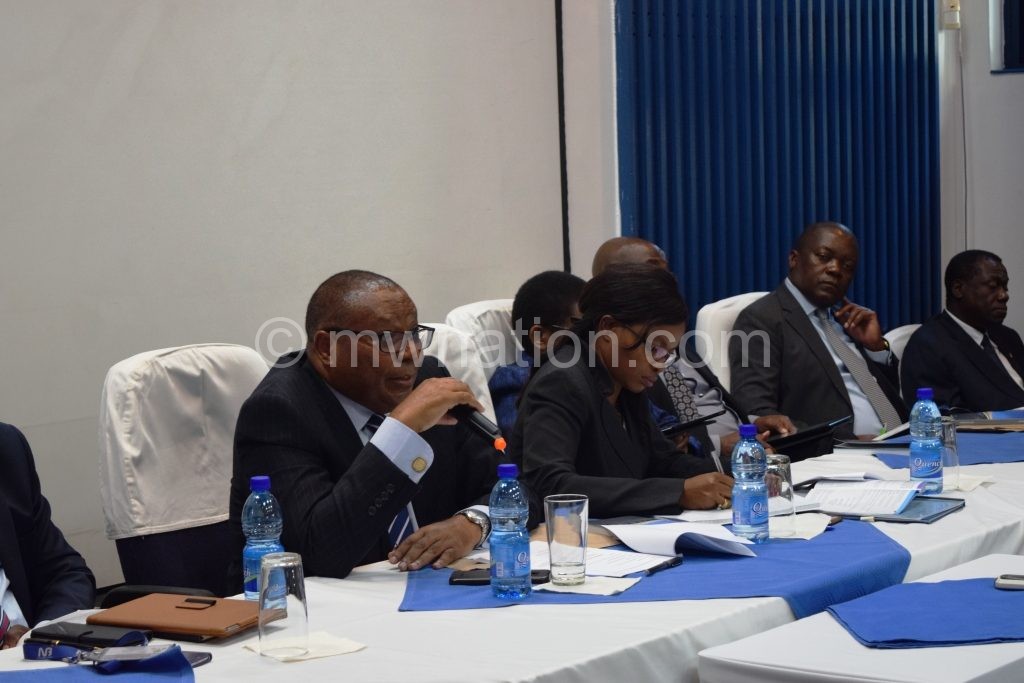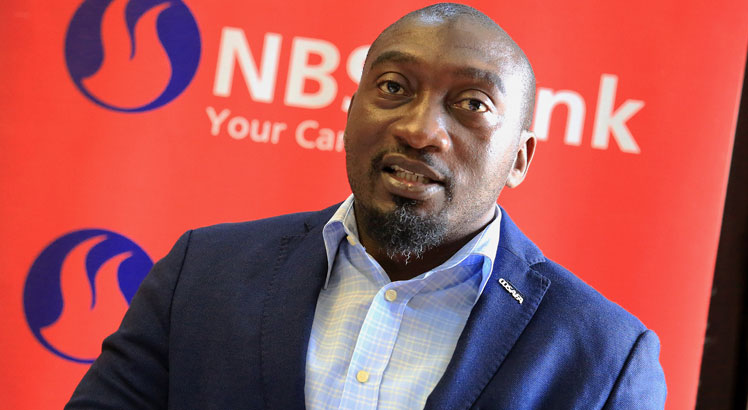NBM outlines growth risks
National Bank of Malawi (NBM) plc says unstable macroeconomic environment and power challenges pose risks to attaining robust economic growth.
The Malawi Stock Exchange (MSE)-listed bank’s board chairperson George Partridge, who is also group chief executive officer of Press Corporation plc, said the unstable environment created by the May 21 Tripartite Elections and floods experienced in March could affect growth estimates.

Speaking during NBM’s 47th Annual General Meeting (AGM) in Blantyre on Friday, he said the bank remains positive of a continuing stable operating environment characterised by low inflation and interest rates, a stable currency and some increased commercial activity.
He said there will also be an improvement in the bank’s performance through its ability to leverage on its core strengths to address challenges and exploit opportunities in the market.
In the year ended December 31 2019, the bank registered a group profit after-tax of K15.97 billion from K19.15 billion, representing a 16.6 percent drop largely due to what the bank said was a subdued loan book in the first half of the year.
The bank’s loan book, on the other hand, grew by 21 percent mostly in the second half of the year mainly from the small and medium enterprises and personal banking sectors while customer deposits increased by 5.8 percent.
“We are down, but it is because of the environment that we are in and making this profit is no mean achievement. There were a lot of power challenges and these affected a lot of our customers and, therefore, a lot of our customers couldn’t grow,” said Partridge.
He added that the falling interest rates bring excitement to the bank as they expect increased money supply, less bad debts and an increase in the volumes of our lending book.
In the review period, the country experienced a relatively stable macroeconomic environment with inflation averaging 9.3 percent, down from 11.6 percent in 2017.
The bank’s chief executive officer Macfussy Kawawa said in the bank’s 2018 Annual Report that the prolonged load shedding that affected their customers’ production meant reduced volumes of import of raw materials and appetite for credit and other banking facilities while poor agricultural production in other parts of the country exacerbated the position.




